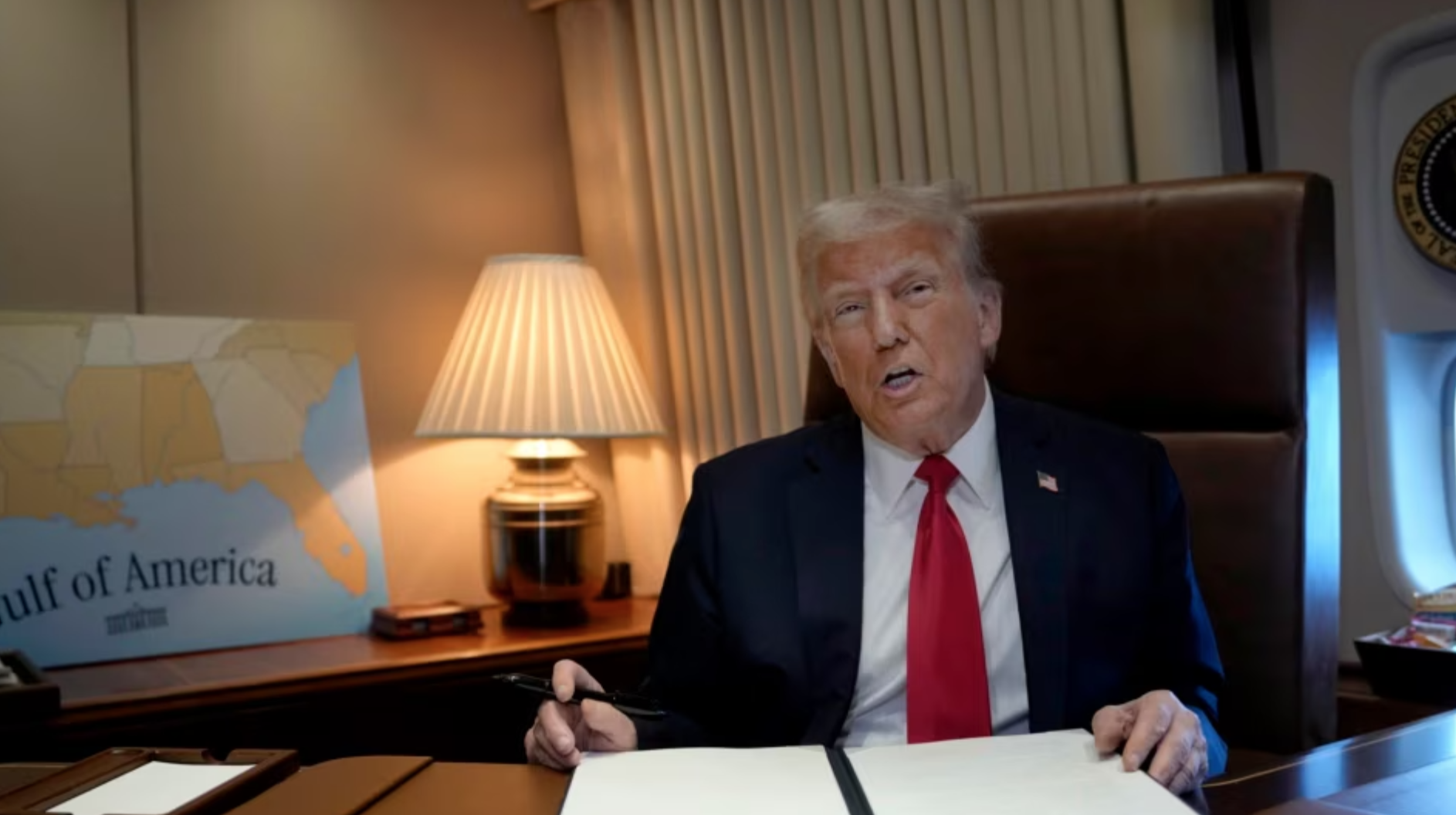A meeting of the security cabinet to discuss Rafah, 15 March 2024. Photo: Kobi Gideon/GPO
On Tuesday, Prime Minister Benjamin Netanyahu will convene Israel’s security cabinet to discuss the second phase of the Gaza hostage deal. The meeting will take place against the backdrop of talks by the Israeli delegation in Doha, which is discussing the terms of the truce brokered by Qatar, Egypt and the United States, The Jerusalem Post reports.
Challenges of the second phase of the deal
According to Israeli officials, achieving the second phase of the agreement will be much more difficult than the first. At the same time, Netanyahu has previously stressed that he would not agree to a complete end to the war, as demanded by Hamas.
The position of US President Donald Trump, who last week reaffirmed his support for the destruction of Hamas, does not help the negotiations.
Israeli delegation in Doha
On Sunday, an Israeli delegation arrived in Doha for talks with mediators. However, according to Israeli officials, their mandate is limited – they can only discuss the current phase of the agreement and have no authority over its second phase.
The delegation includes:
- Coordinator for Hostages and Missing Persons, Brigadier General Hal Hirsch
- Senior official of the internal security service Shabak (Shin Bet)
Trump’s diplomatic efforts
Trump’s special envoy to the Middle East, Steve Witkoff, recently met with Netanyahu and Qatari Prime Minister Mohammed bin Abdulrahman Al Thani. He said that negotiations on the second phase of the deal have begun, despite the difficulties.
Trump is also expected to meet with leaders of the Arab world, in particular:
- Egyptian President Abdel Fattah al-Sisi
- Crown Prince of Saudi Arabia Mohammed bin Salman
- King Abdullah II of Jordan
Opposition criticism of Netanyahu
The decision to hold the security cabinet meeting on Tuesday drew criticism from the opposition. Yesh Atid party leader Yair Lapid wrote on X/Twitter:
“We saw the hostages on Saturday. They are dying of hunger and cold there, but this government is in no hurry and does not care.”
Thus, the future of the second phase of the agreement remains uncertain, and the negotiations are taking place amid growing international pressure and diplomatic disputes.

















